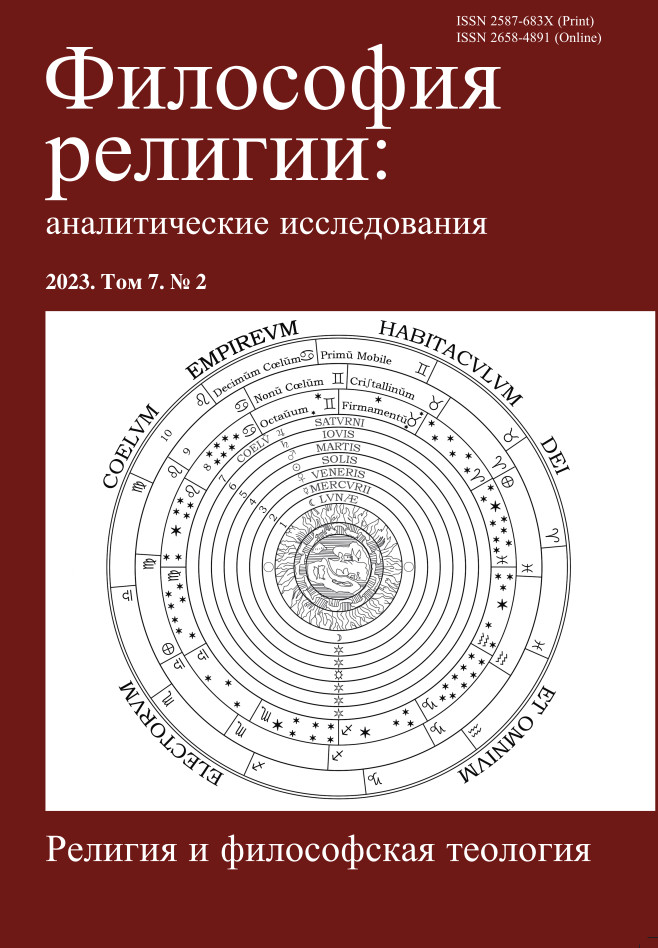Scientific Turn in Religious Studies: Neurotheology and Cognitive Science of Religion
DOI:
https://doi.org/10.21146/2587-683X-2023-7-2-5-29Keywords:
theology, neuropsychology, neuroscience, experimental psychology, cognitive science of religion, neurotheology, religious studies, philosophy of religion, cognitive research, evolutionismAbstract
The article provides a comparative analysis of two leading modern programs which represent the scientific turn in religious studies: cognitive science of religion and neurotheology. Due to the lack of fame and prejudice against the latter, a little more space is given to it: the genesis of the concept is reconstructed, the main methodological and philosophical strategies are clarified. The research proved that the two programs are based on different scientific grounds: neurotheology was formed in the field of psychological research and is primarily interested in personal religious experience, while cognitive science of religion came out of anthropology and aims to study the universal laws of cognition. At the same time both disciplines are based on evolutionary paradigm. Cognitive science of religion turned to evolutionism after 2002, and neurotheology, during its formation in the 1970s, focused on the evolutionary consideration of ritual behavior, but it was only after 2010 that it began to base general theoretical models on it. In addition, the article dispelled the myth of the atheism of cognitive religious scholars and the religiosity of neurotheologists. Analysis of the works of J. Barrett, P. McNamara and A. Newberg showed that the fundamental concepts of cognitive science of religion were created in order to emphasize the naturalness of religion for human cognition, and Newberg’s neurotheological project is actually based on secular humanism aimed at alienating religious practices from their cultural context and turning them into techniques for life improvement. In conclusion, the article provides an overview comparison of the mutual criticism of the two programs and concludes that cognitive scientists criticize neurotheology as a discipline, while neurotheologists focus on separate concepts of cognitive science of religion.

 This work is licensed under a
This work is licensed under a 
